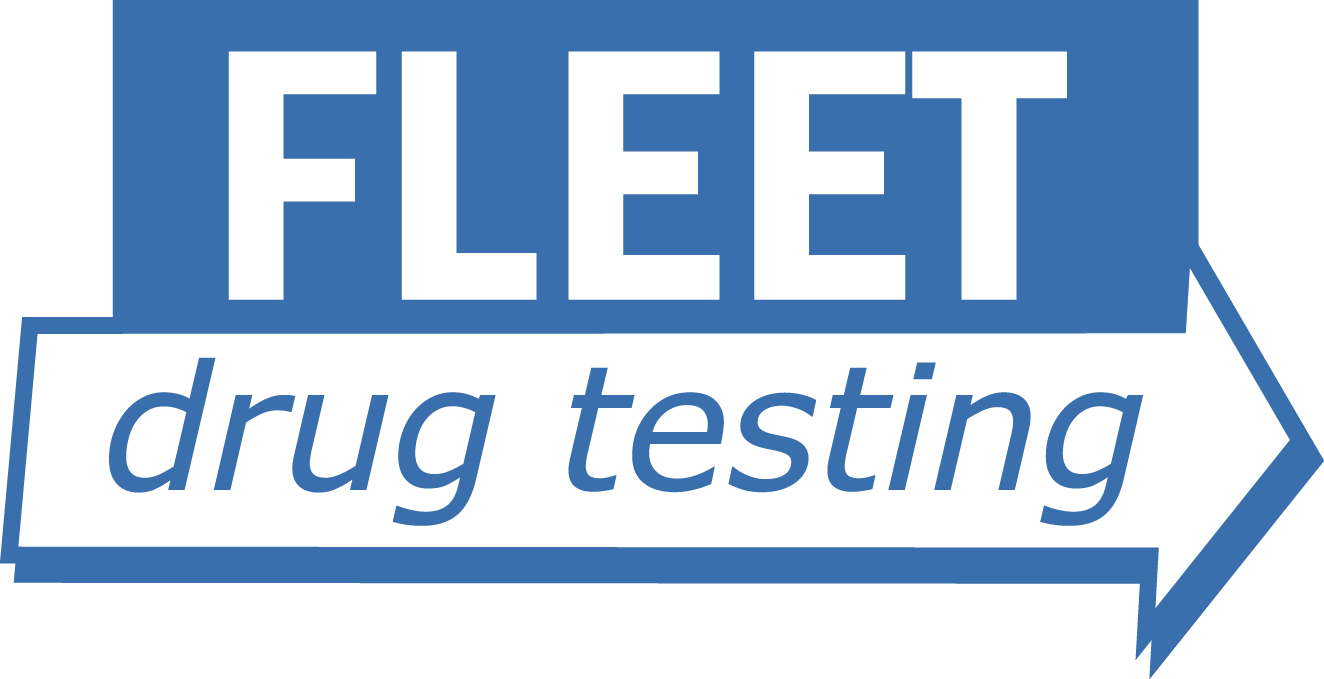Working in the transportation industry means you’re held to a higher standard when it comes to your safety and the safety of everyone you share the road with. One of the most destructive and, unfortunately, common ways that truck drivers compromise their safety with through drug use.
In order to combat this issue, the Department of Transportation (DOT) mandates drug tests for employees in safety-sensitive positions, including truck drivers. If you’re a truck driver, the stakes are extremely high when it comes to DOT drug tests. Therefore, it’s important to know which drugs can cause you to fail.
How Does a DOT Drug Test Work?
There’s no way around DOT regulations if you’re in the transportation industry. These standards and regulations have the authority of federal law and are found in Part 40 of the United States Code.
One of the most important regulations involves drug and alcohol testing. Under the program, there is a tightly regulated and standardized drug screening process that applies to all “safety-sensitive” positions, like truck drivers, pilots, conductors, and other transportation workers. In order to remain compliant with the program, the following steps have to take place:
- Notification of Testing – Employers are required to notify employees that they will be subject to a DOT drug test, and provide them with information about the testing process and their rights and responsibilities.
- Collection of Sample – The collection of the sample is conducted in a private and secure location, under the supervision of a trained collector. The collector will provide the employee with a specimen cup to collect either a urine sample or hair sample, depending on the type of test.
- Testing – The collected sample is sent to a laboratory that is certified by the Department of Health and Human Services for drug testing. The lab tests the sample for a variety of drugs, including marijuana, cocaine, opioids, amphetamines, and PCP.
- Results – The lab will report the results of the drug test to the Medical Review Officer (MRO) who is a licensed physician. The MRO will review the results, and if the test is positive, the MRO will contact the employee to discuss the results and inquire about any prescription medications the employee may be taking. The MRO will then make the final determination about whether the test is positive or negative.
Consequences of Positive Test
Depending on your employer’s policy, if you test positive, you may be subject to:
- Disciplinary action, such as suspension or termination
- Participation in a drug treatment program
- Pass a return-to-duty drug test before being allowed to return to safety-sensitive functions like driving.
While there is always the possibility of a false positive, DOT drug tests are typically very accurate and administered in such a way as to reduce mistakes. Still, understanding what substances are being tested for can be helpful to figure out what not to do if you’re subject to testing.
What Drugs Will Cause You To Fail a DOT Drug Test?
Because the DOT drug testing program is so tightly regulated and controlled, samples are tested for very specific substances. This is to the benefit of both drivers and others on the road. Data from a study by the University of California’s Safe Transportation Research and Education Center (SafeTrec) found that driving under the influence of drugs and prescription medication accounted for over 25% of the nearly 40,000 fatal accidents in 2020.
Driving a large commercial vehicle while under the influence of drugs is an even more dangerous proposition just from the sheer size and power of these vehicles compared to others on the road. With that in mind, the presence of the following drugs in your system will cause you to fail a DOT drug test:
- Marijuana (THC) – Marijuana is the most commonly used illegal drug in the United States, and it can stay in your system for weeks after use. Even if you use marijuana in a state where it is legal, it is still prohibited by the DOT for safety-sensitive positions. If you fail a DOT drug test due to marijuana use, you may be subject to disciplinary action or termination.
- Cocaine – Cocaine is a highly addictive stimulant that can cause euphoria and increased alertness. It can stay in your system for up to four days after use. If you fail a DOT drug test due to cocaine use, you may be disqualified from performing safety-sensitive functions.
- Opioids – Opioids are a class of drugs that includes prescription painkillers like oxycodone, hydrocodone, and fentanyl, as well as illegal drugs like heroin. Opioids can cause drowsiness, confusion, and impaired coordination, and they can stay in your system for up to three days after use. If you fail a DOT drug test due to opioids, you may be required to seek treatment and pass a return-to-duty test before resuming safety-sensitive functions.
- Amphetamines – Amphetamines are a class of stimulant drugs that includes prescription medications like Adderall and Ritalin, as well as illegal drugs like methamphetamine. Amphetamines can cause increased alertness, energy, and focus, but they can also cause anxiety, paranoia, and aggression. Amphetamines can stay in your system for up to four days after use. If you fail a DOT drug test due to amphetamine use, you may be disqualified from performing safety-sensitive functions.
- Phencyclidine (PCP) – PCP is a hallucinogenic drug that can cause distorted perceptions, paranoia, and violent behavior. It can stay in your system for up to seven days after use. If you fail a DOT drug test due to PCP use, you may be required to seek treatment and pass a return-to-duty test before resuming safety-sensitive functions.
It is important to remember that the DOT-compliant drug screen is a highly sensitive and accurate test that can detect very small amounts of drugs in your system. Therefore, even if you only use drugs occasionally or in small amounts, you can still fail a DOT drug test. The best way to avoid failing a DOT drug test is to avoid using any illegal drugs or misusing prescription medications.
Stay Compliant and Up-To-Date With Fleet Drug Testing
Simply put, it’s crucial that your business stay compliant and up-to-date with the DOT’s drug testing regulations. At Fleet Drug Testing, our team of experienced professionals uses state-of-the-art technology and accredited laboratories to provide fast and accurate drug testing results.
By partnering with us, you can have peace of mind knowing that your drug testing program is in compliance with DOT regulations and that you are working in a safe and drug-free environment. Don’t wait until it’s too late – take action today and contact us to learn more about our drug testing services.





